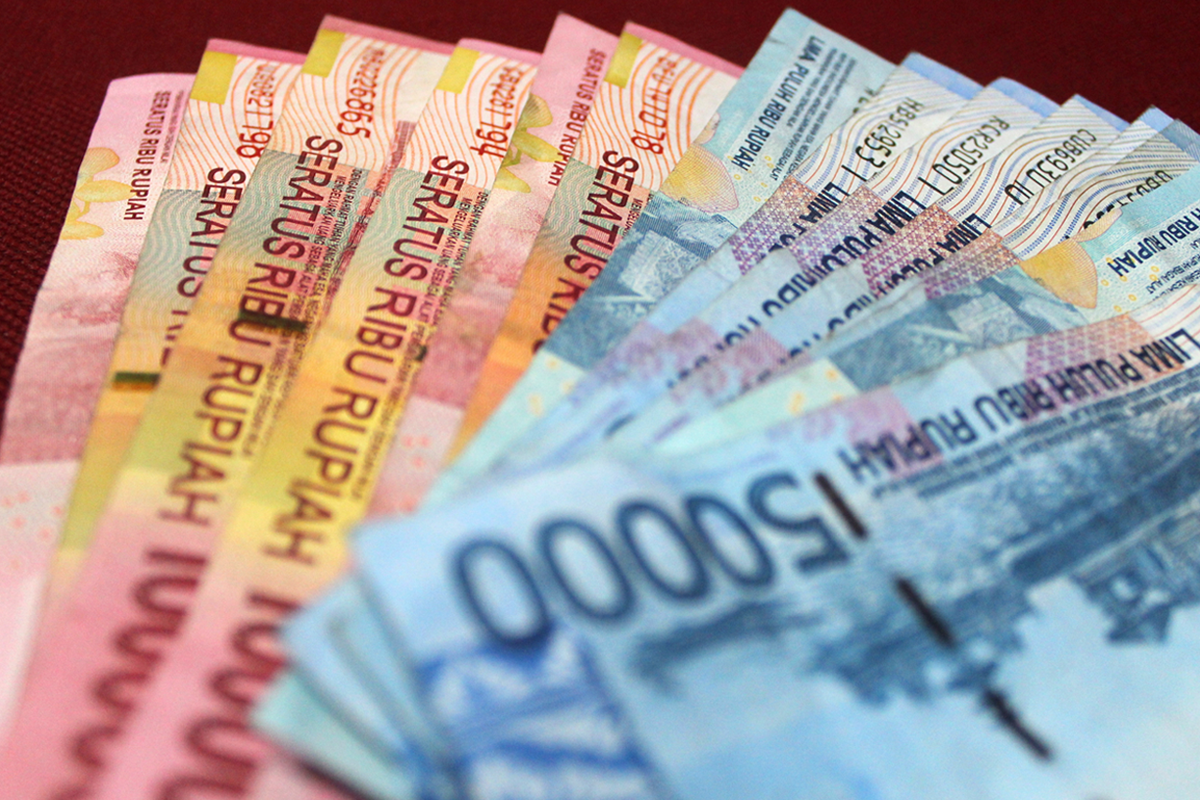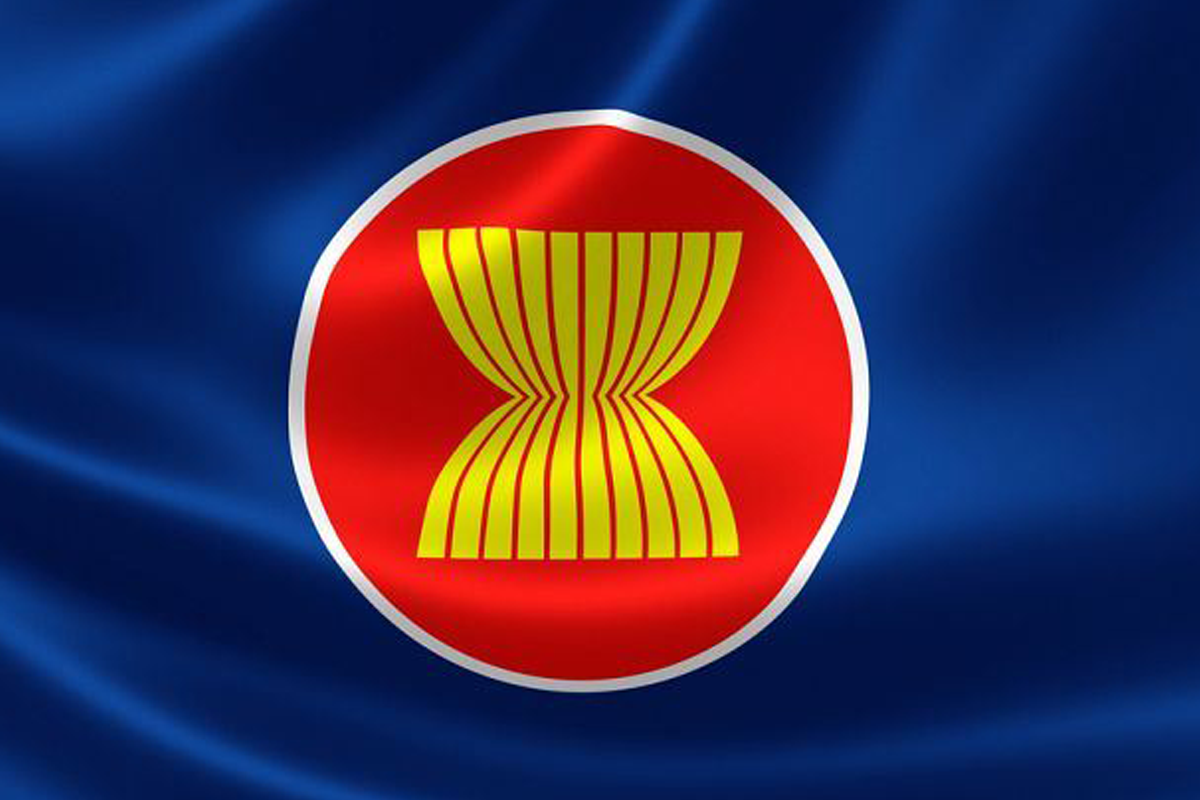The government released mechanisms and various tax incentives for Investment Management Institutions (LPI) or so-called the Sovereign Wealth Fund (SWF).
SWF is a special institution created to manage, increase and optimize the government asset value in the long term.
In managing the funds or assets, SWF can invest, either directly or indirectly, cooperate with third parties, or through the establishment of special entities in the form of Indonesian legal entities or foreign legal entities.
Therefore, as a government entity, it is necessary to regulate the mechanism of its taxation. In addition, to support its existence, SWF is also endowed with a number of incentives.
This is stated in Government Regulation Number 49 of 2021, which is a derivative rule of Law Number 11 of 2020 on Job Creation.
Tax Status
In the regulation that came into force on 2 February 2021, SWF is designated to be a resident tax subject, so it must register at the Tax Office (KPP) and obtain a Taxpayer Identification Number (NPWP).
Also, SWF must report its business activities to be confirmed as a VAT-Registered Person (PKP) and carry out other tax obligations including withholding and/or collecting income tax.
The following are some types of income that are the tax object of SWF, including:
- Results of business development and assets
- Profit from the sale or due to transfer of assets
- Grants
- Income-related to the placement of funds in financial instruments
- Income from asset administration or management
- Loan interest
- Income from other legitimate sources
This tax provision applies not only to SWF, but also to its owned entities, third parties transacting with SWF, or its owned entities.
Tax Incentives
So that SWF can carry out its functions primarily to attract investors into asset management, the government offered a number of tax incentive facilities.
At least, there are four tax facilities provided by the government through this regulation. First, the cost of obtaining, collecting and maintaining income including the establishment of a mandatory reserve fund, can be a reduction in gross income.
The facility is provided until SWF's mandatory reserve fund reaches 50% of the capital or up to dividend distribution, depending on which comes first.
Second, loan interest obtained by SWF will not be subject to Income Tax (PPh), except those derived from bonds.
Third, dividends received by third parties as Resident Tax Subjects from entities jointly formed with SWF are exempted from tax object.
Whereas, dividends received by third parties with status as Non-Resident Tax Subjects who cooperate directly with SWF are subject to 0% final income tax.
Fourth, the profit received by a third party on the sale or transfer of shares in a company formed with SWF is subject to a final income tax of 0.1%, if it is conducted outside the stock exchange.
Meanwhile, if the sales transaction is carried out through the stock exchange, the rates follow the provisions stipulated in the Income Tax Law.






